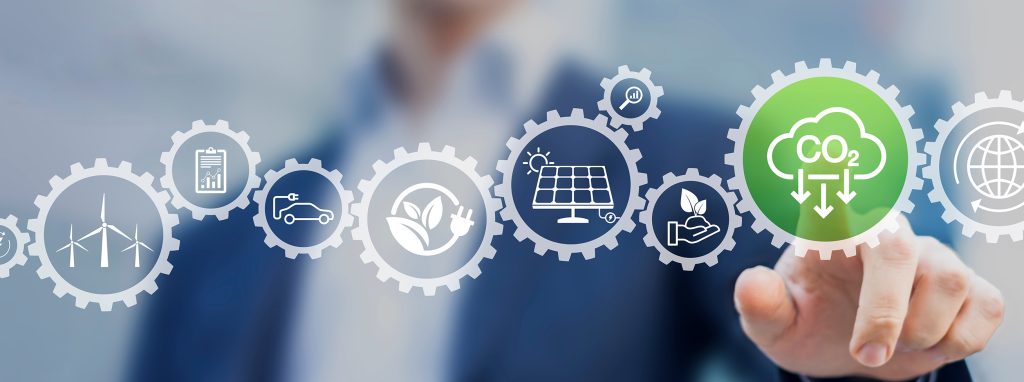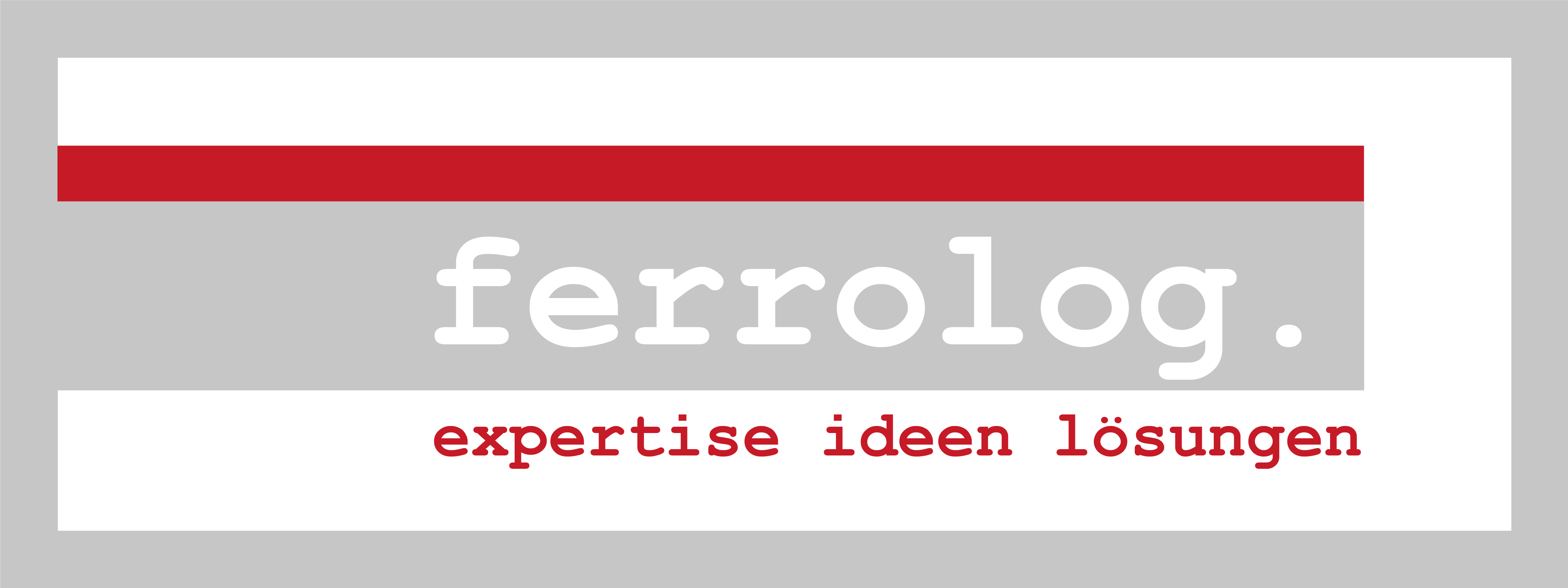EnMS energy management systems
Introduction & Meaning
Introduction to energy management systems (EnMS):
Energy management systems are crucial for companies that want to improve their energy efficiency, reduce energy costs and minimize their environmental impact. In Germany, the use of EnMS is promoted and in some cases prescribed by various laws and regulations in order to support national and European targets for energy efficiency and CO2 reduction.
Objectives and benefits of energy management systems:
An EnMS helps a company to systematically record, evaluate and optimize its energy consumption. This not only leads to direct cost savings, but also to improved operational efficiency and greater compliance with legal and environmental requirements. It also enables companies to make their contribution to climate protection and promote a positive corporate image in the public eye.
How can we support you with your energy management system?
- Assumption of the function of the responsible (external) project manager and contact person for the company vis-à-vis the responsible accredited body for all matters relating to the project to obtain certification
- Development of an energy management system in line with requirements on the basis of standard-compliant samples and templates
- Editing and creation of EnMS procedures and proposals for associated documents such as EnMS manual, forms, process descriptions, procedural instructions, work instructions, checklists, questionnaires, training plans, competence matrix, CIP list, legal register and the like to the extent required
- Preparation of application documents and support with the submission of applications to the accredited body
- Participation in a preliminary meeting with the accredited body on the basis of the documents approved by the client (= so-called stage 1 audit) and in the certification audit (stage 2 audit)
- Examination of all correspondence and documents of the accredited body and, if necessary, preparation of lists of measures to be processed and processing of any letters of improvement
- Preparation and implementation of an internal audit in the area of ISO 50001 incl. Preparation of an audit report

Overview of relevant laws and standards:
The introduction of energy management systems in Germany is mainly regulated by the Energy Services Act (EDL-G), the Energy Industry Act (EnWG) and the international standard ISO 50001. These laws and standards require companies to increase their energy efficiency through certified systems and to submit regular audits and reports.
Adaptation to EU directives:
Germany is also implementing the requirements of the EU Energy Efficiency Directive, which obliges all member states to take measures to improve energy efficiency. The Peak Equalization Efficiency System Ordinance (SpaEfV) specifies these requirements for energy-intensive industries by providing tax relief for the introduction of EnMS.

The energy management system standard
ISO 50001 is a standard for companies to set up and implement energy management systems. It provides a framework for the introduction, implementation, maintenance and improvement of energy efficiency in company processes and supports companies in systematically defining and achieving energy targets.
Criteria for the necessity of an EnMS:
Companies that consume more than 500,000 kWh of energy per year or large companies with more than 250 employees and an annual turnover of more than 50 million euros must introduce an energy management system or carry out regular energy audits in accordance with the EDL-G.
Detailed requirements and implementation:
The implementation of an EnMS in accordance with ISO 50001 requires the development of an energy policy, the definition of energy targets and indicators as well as the continuous monitoring and improvement of energy efficiency. Companies must also have the effectiveness of their EnMS regularly reviewed by internal or external audits and initiate appropriate improvement measures. Further information can be found in the standard.

Documentation and reporting obligations:
As in all management systems, a key component of an effective EnMS is the precise documentation of all energy-related data and activities. Relevant information is not only important for internal purposes, but must also be regularly reported to the responsible authorities or accredited bodies in order to demonstrate compliance with legal or normative requirements.
Tax and financial incentives:
Companies that successfully introduce a certified energy management system can benefit from considerable tax advantages, such as peak equalization, which enables a partial refund of energy tax. There are also various funding programs that provide financial support for the introduction of energy management systems.
Operational and environmental benefits:
In addition to the financial incentives, an EnMS also offers operational benefits such as the optimization of production processes, the reduction of energy consumption and the associated costs as well as the improvement of operational sustainability and environmental management.
Support and resources:
The Federal Office of Economics and Export Control (BAFA) and trade associations offer comprehensive advice, technical support and training on the introduction and management of energy management systems. These resources are critical to helping companies plan, implement and maintain their energy management systems.
Support with an integrated management system, incl. the following standards:
SMS
Safety management in railroad operations
ECM
Entity in Charge of Maintenance
SGA
Health & safety at work
Railway Operations
Personnel placement
e.g. train driver, wagon master, etc.
Maintenance of rail vehicles
Maintenance Management
Would you like to go into more detail or do you have specific questions?
We support you in making energy management in your company as efficient as possible. Get in touch with us!

